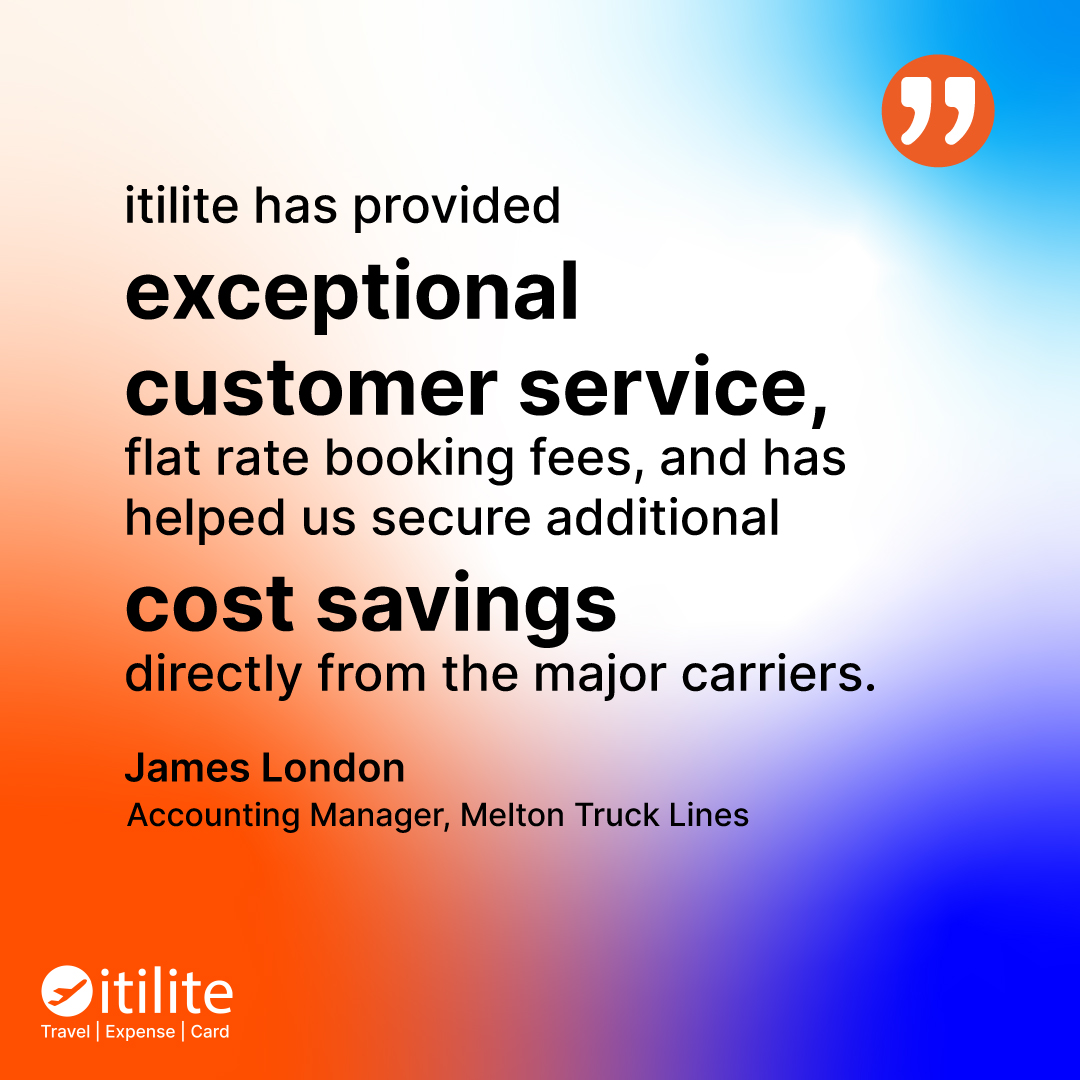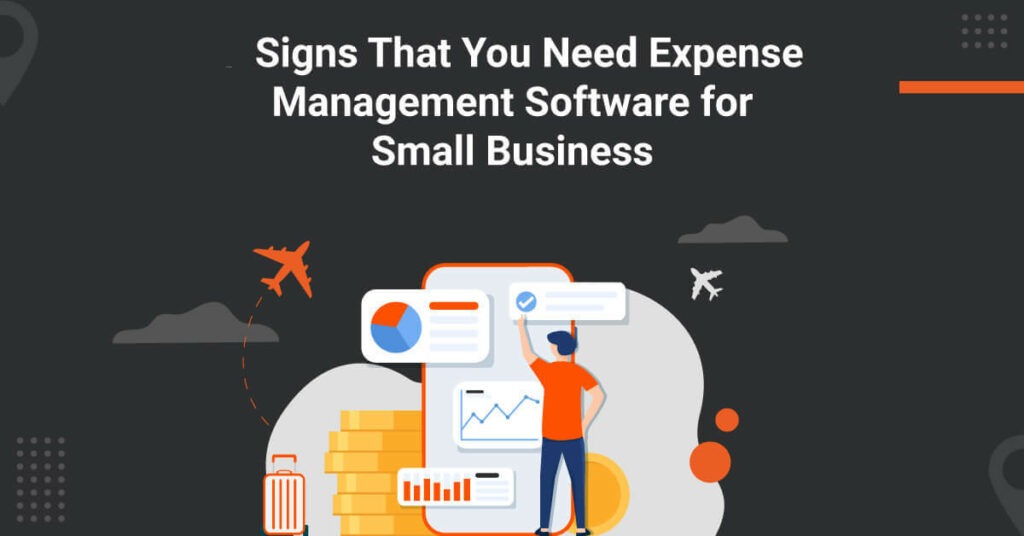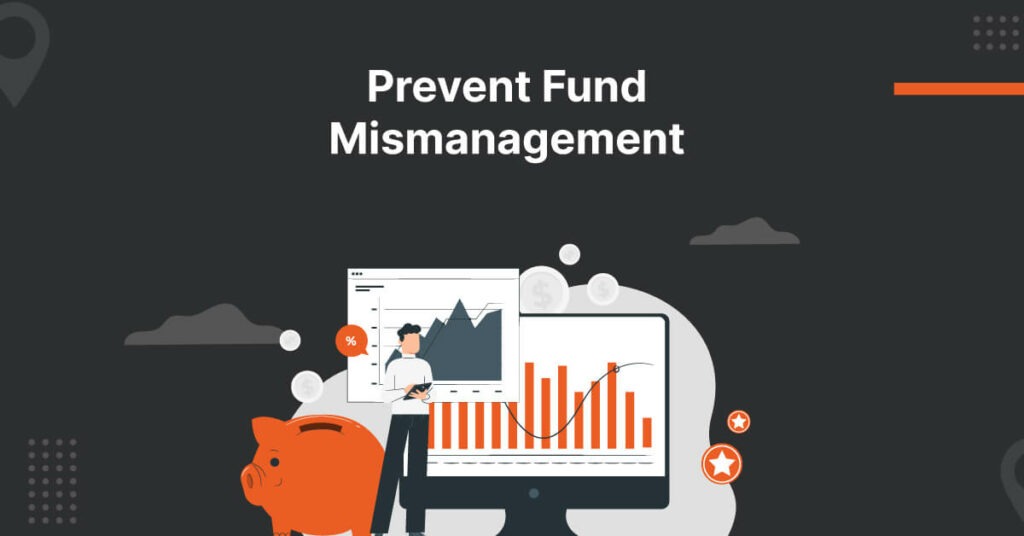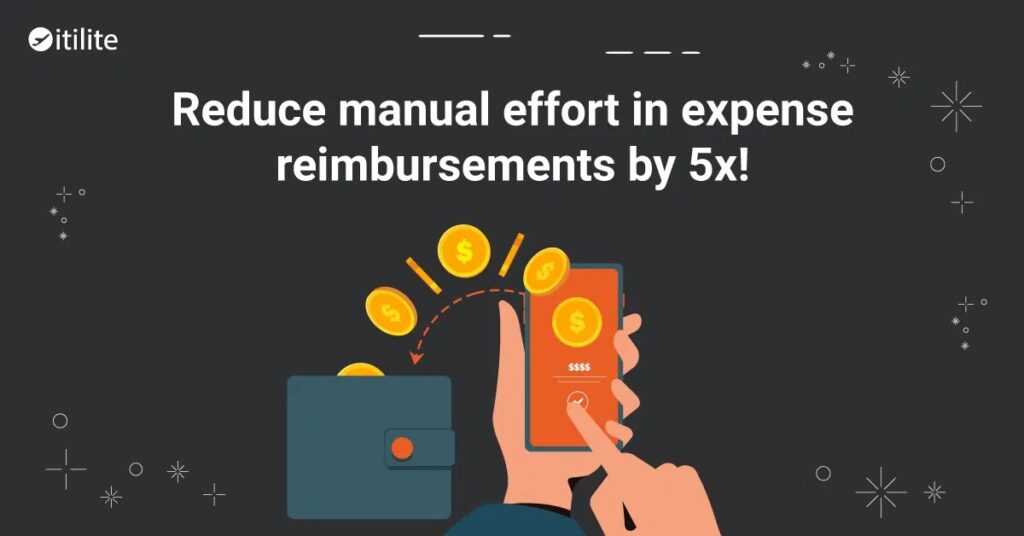
The role of effective cost control in property management has never been more vital than in today’s economy. Lack of control costs can lead to increased expenses, which in turn reduces the property’s profitability. This can impact the property owner’s return on investment (ROI) and the company’s bottom line.
Costs in Property Management
Uncontrolled costs can strain cash flow and financial resources, leading to potential liquidity issues. It can also cause difficulties in meeting financial obligations, such as mortgage payments, maintenance, and utility bills.
However, managing costs is not just about crunching numbers; it’s about making those numbers work for you. Hence, in this blog, we’ll uncover the strategies that successful property managers employ to streamline operations, enhance tenant satisfaction, and keep properties thriving. We will also provide you with detailed insights into how you efficiently manage your finances by streamlining real estate expense management.
How to Reduce Costs Associated with Property Management?
Regular Maintenance
Regular maintenance involves conducting routine inspections of the property’s various systems, equipment, and structures. By doing so, you can catch minor issues, such as leaks, cracks, or wear and tear, at an early stage before they become more severe and costly to repair.
Tenant Screening
Reviewing a prospective tenant’s credit history provides insights into their financial responsibility. A tenant with a strong credit history is more likely to make timely rent payments, reducing the risk of missed rent and income loss.
Further, confirming a tenant’s income ensures they can afford the rent. Tenants with stable and sufficient income are less likely to default on rent payments, reducing the risk of financial loss.
Bulk Purchasing
Bulk purchasing is a method used in buying where larger amounts of supplies, materials, and equipment are purchased all at the same time. Suppliers often offer discounts to incentivize larger orders, leading to direct cost savings.
When you buy in bulk, you have the chance to talk to the sellers and get them to reduce the cost per unit. This is possible because you’re buying a lot of items at once, and you can leverage the volume to secure a lower rate.
Rent Analysis
Conducting rent analysis provides property managers with valuable insights into the current state of the local rental market. This includes understanding supply and demand dynamics, vacancy rates, and rental rate trends.
Regular rent analysis allows you to benchmark their rental rates against similar properties in the area. This helps ensure that your rates are competitive and attractive to potential tenants.
Insurance Review
Regular insurance review helps property managers check if their current coverage is enough to protect against different risks like damage to the property, lawsuits, and natural disasters.
By looking over insurance policies, you can decide if you are getting the best value for the money you spend on coverage. This involves weighing the potential benefits against the premium costs.
Streamlining Real Estate Expense Management
Streamlining real estate expense management is essential for effective cost control because it allows you to efficiently track, analyze, and optimize expenses associated with operations.
By implementing expense management software, you can achieve several benefits that contribute to overall cost control. The software helps in:
- Centralized Expense Tracking: Use the software to track and categorize all property-related expenses in one centralized location for easy monitoring and analysis.
- Automated Data Entry: Reduce manual data entry errors by automatically importing expense data from various sources like invoices, receipts, and bank statements.
- Real-Time Monitoring: Access real-time expense data to promptly identify any discrepancies or unexpected spikes in costs.
- Budget Tracking: Set up budgets for different expense categories and receive alerts when you approach or exceed these limits.
- Vendor Management: Store vendor information, contracts, and agreements within the software for efficient vendor relationship management and cost negotiation.
- Invoice Management: Manage invoices, track due dates, and ensure timely payments to avoid late fees.
- Receipt Capture: Capture and upload receipts digitally using mobile devices to eliminate paper clutter and make expense tracking more accurate.
- Expense Categorization: Create detailed expense categories to provide granular insights into where your property management costs are concentrated.
- Predictive Analytics: Some advanced software may offer predictive analytics that uses historical data to forecast future expenses. This helps with making budgets for the long term.
- Vendor Performance Analysis: Analyze vendor performance data to identify which vendors provide the best value for money and consider consolidating services with top-performing providers.
- Lease Expense Allocation: Allocate expenses appropriately if you have multiple properties or units in a complex, ensuring accurate distribution of costs among tenants.
- Document Storage: Store important documents related to expenses, contracts, and warranties digitally to quickly access relevant information when needed.
- Integration with Accounting Software: Integrate your expense management software with accounting software to ensure seamless financial data flow and accurate reporting.
Benefits of Implementing Expense Management Software
- Accurate Budgeting: Streamlined real estate expense management provides you with accurate and up-to-date data on all financial transactions. It enables them to create more precise and realistic budgets. This accuracy prevents overestimating or underestimating expenses, ensuring that funds are allocated appropriately.
- Cost Reduction Opportunities: By analyzing streamlined expense data, you can identify areas where costs can be reduced without compromising quality or service. This could include negotiating better deals with vendors or optimizing resource allocation.
- Preventing Unauthorized Spending: A streamlined system enhances financial oversight and accountability, reducing the risk of unauthorized or unnecessary spending. Clear expense tracking helps ensure that funds are used only for approved purposes.
- Transparent Financial Reporting: Property owners, investors, and stakeholders demand transparency in financial management. Streamlined expense management enables you to provide accurate and comprehensive expense reports, building trust and credibility.
- Data-Driven Decision-Making: Streamlined systems provide you with the data needed for data-driven decision-making. This includes evaluating the cost-effectiveness of maintenance strategies, capital investments, and operational improvements.
- Cost Allocation Accuracy: For properties with multiple units or tenants, a streamlined expense management system helps accurately allocate costs based on usage or agreed-upon terms. This prevents disputes and ensures fairness.
- Time and Resource Efficiency: Manual expense tracking is time-consuming and prone to errors. Streamlined processes save time and resources, allowing you to focus on strategic activities rather than administrative tasks.
- Optimized Investment Decisions: You can use streamlined expense data to evaluate the ROI of various property upgrades and renovations.
- Emergency Preparedness: In emergencies, having streamlined expense data readily available helps you assess the financial impact and allocate resources effectively.
- Scalability and Growth: As property portfolios grow, these processes can be easily scaled, ensuring that cost-control efforts remain effective across a larger number of properties.
- Competitive Advantage: Property management companies that streamline expense management demonstrate professionalism and efficiency, which can give them a competitive edge in the market.
Efficient Real Estate Expense Management System for Property Managers and Owners
ITILITE is an expense management software solution that centralizes the entire expense tracking process. Every financial transaction, whether it’s a repair cost, maintenance fee, or property improvement expense, is meticulously recorded within the platform.
Moreover, ITILITE doesn’t just stop at recording expenses; it provides real-time insights into spending patterns. You can effortlessly generate reports, graphs, and visual representations of expenditure trends, helping them pinpoint areas where costs are escalating or opportunities for optimization are waiting to be seized.
To know more about how you can benefit from ITILITE, book a demo today.


















